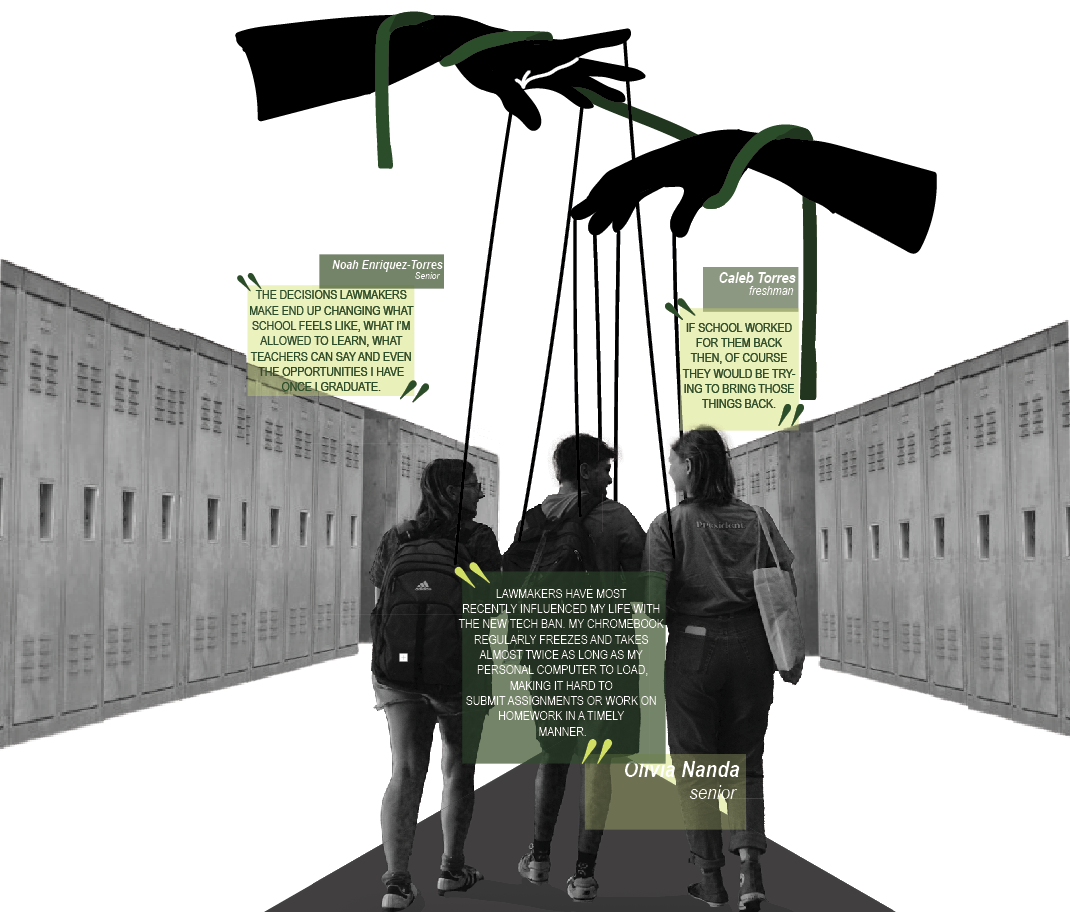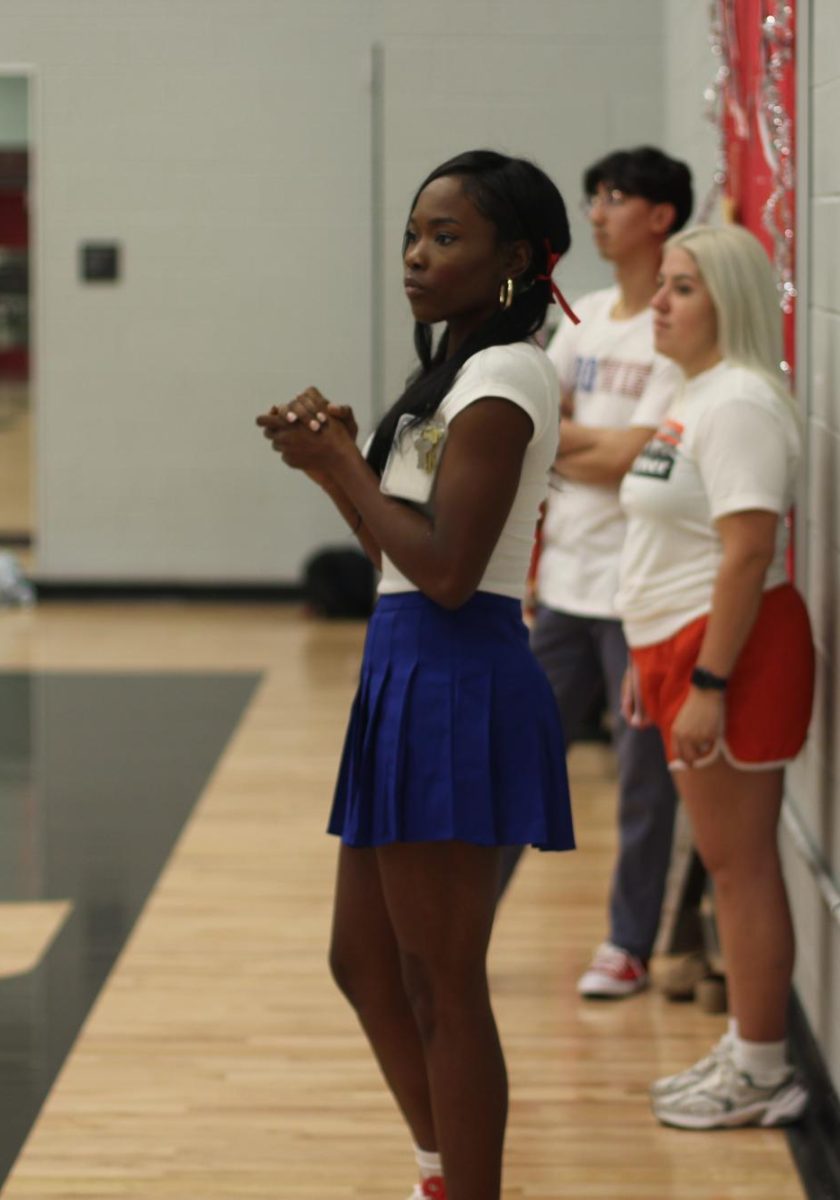The Origin and Tradition of Thanksgiving Day
November 12, 2017
Thanksgiving has recently come to be known for a few things: shopping, football, parades, and eating. Every year families across the country gather around a table and give thanks for all of the blessings they have, and dig into a turkey along with all the traditional fixings. The Macy’s Thanksgiving Day Parade plays on TV and later the Cowboy’s game, and after having a third serving finally laying down to succumb to an annual slight food coma. This is what Thanksgiving Day looks like for most modern American families, and while it is a day to be thankful for what we have, it has recently been related with stress to cook a perfect meal to impress the inlaws, manic holiday sale shoppers, and starting the dishes days in advance to make sure everything’s ready when the doorbell rings. To fully understand the true meaning to Thanksgiving, it is important to understand the first feast in Plymouth in 1621.
The feast that occurred on Plymouth was shared between the Wampanoag Indians and the English colonists, who had just come to the new world on a ship called the Mayflower. The feast was to give thanks to the natives who had helped them adjust to life on the new land by teaching them how to cultivate corn, catch fish, and extract sap from maple trees. The native Squanto was greatly involved in the aid of the colonist and helped forge an alliance between the two groups, and after a success harvest Governor William Bradford organized a feast to celebrate a successful season from the help of the natives. More than 100 people attended the celebration (which at the time was not known as Thanksgiving), ate turkey and deer, and played games which all lasted a total of three days.
President George Washington issued the first Thanksgiving proclamation in 1789 and President Abraham Lincoln established Thanksgiving as a national holiday in 1863. In 1924, Macy’s department store created an annual parade in New York City which currently attracts 2-3 million spectators. Starting in the mid-20th century, the president of the United States pardons a turkey from being eaten, which is just one of the many traditions this day has to offer. Nevertheless, the most important facet of this holiday is that it is solely American and not celebrated in any other country.
Aging back to colonial times, this time is to celebrate harvest, bounty, harmony, and peace between people. So this year as you dig into your turkey and stuffing, remember the true purpose behind the festivities beyond the food to the message of peace and thankfulness for what you have.








